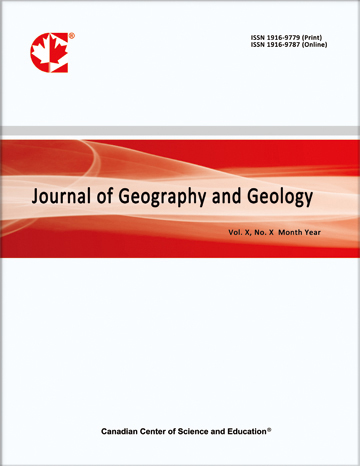Predicting Tourists' Accommodation Location Scores Using Spatial Machine Learning Techniques A Case Study of Middle Vancouver Island
- Nafiseh Seyedmosallaei
- Michael Govorov
- Farhad Moghimehfar
Abstract
This study develops a predictive framework to optimize site selection for tourist accommodations - including hotels, motels, resorts, and guest houses (HMRG) - across the central and northern regions of Vancouver Island, aiming to reduce investor uncertainty through data-driven decision support. Unlike traditional models that focus on price prediction, this research emphasizes predicting location scores, a less explored yet highly relevant metric for assessing accommodation desirability. Despite a relatively small sample size, the framework offers promising insights for early-stage modeling in emerging markets. By integrating geospatial analytics and customer sentiment data, the study evaluates three techniques - Ordinary Least Squares Regression (OLSR), Random Forest (RF) regression, and Multilayer Perceptron (MLP) regression - to identify key determinants of location suitability. A four-phase methodology was employed: (1) variable selection and preprocessing, prioritizing tourism-relevant spatial features extracted from user-generated content and refined through spatial data engineering; (2) evaluation of predictor effect sizes, directional relationships, and multicollinearity; (3) iterative model optimization through feature engineering and hyperparameter tuning; and (4) comparative validation using robustness metrics.
- Full Text:
 PDF
PDF
- DOI:10.5539/jgg.v17n2p64
Journal Metrics
(The data was calculated based on Google Scholar Citations)
Google-based Impact Factor (2018): 11.90
h-index (January 2018): 17
i10-index (January 2018): 36
h5-index (January 2018): 13
h5-median(January 2018): 15
Index
- BASE (Bielefeld Academic Search Engine)
- Bibliography and Index of Geology
- CiteFactor
- CNKI Scholar
- Educational Research Abstracts
- Excellence in Research for Australia (ERA)
- GeoRef
- Google Scholar
- LOCKSS
- NewJour
- Norwegian Centre for Research Data (NSD)
- Open J-Gate
- PKP Open Archives Harvester
- SHERPA/RoMEO
- Standard Periodical Directory
- Ulrich's
- Universe Digital Library
- WorldCat
Contact
- Lesley LuoEditorial Assistant
- jgg@ccsenet.org
